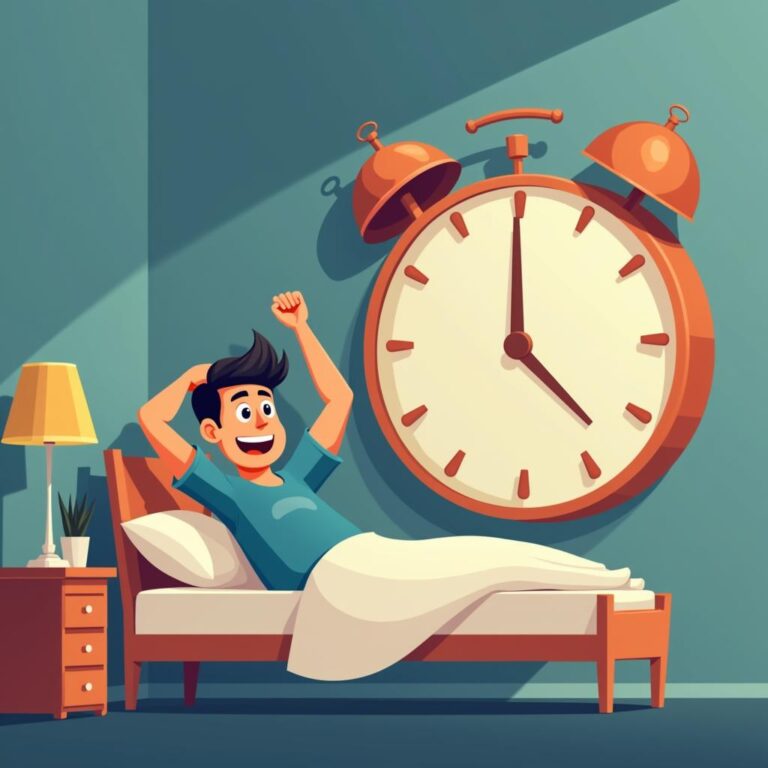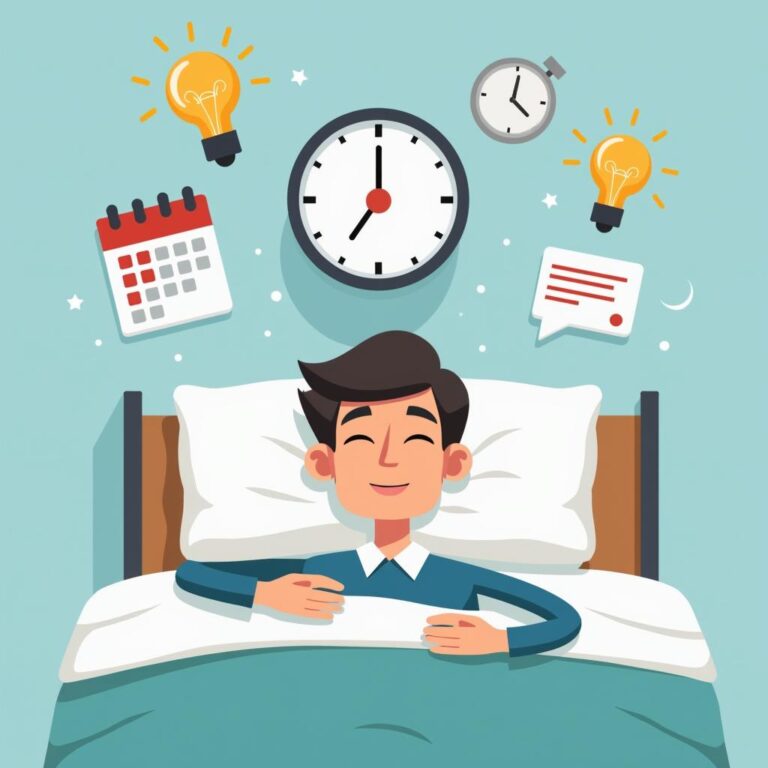Getting a good night’s sleep is crucial for overall health and well-being. Many people struggle with sleep-related issues due to hectic lifestyles, stress, or poor sleep hygiene. However, establishing the best evening routine for better sleep can help ease the transition from day to night and significantly improve your sleep quality. Below, we delve into effective practices and habits that can help you wind down and prepare for a restful night.
Understanding the Importance of an Evening Routine
The human body thrives on routines. An evening routine signals to your body that it’s time to wind down, helping to regulate your internal clock. This not only makes it easier to fall asleep but also improves the overall quality of sleep. A consistent evening routine can help you to relax, reduce anxiety, and prepare your mind and body for rest.
Creating the Best Evening Routine for Better Sleep
Here are some key components that can make up the best evening routine for better sleep:
1. Set a Consistent Bedtime
One of the most effective ways to improve sleep quality is to maintain a regular sleep schedule. Going to bed and waking up at the same time every day—even on weekends—can help stabilize your body’s sleep-wake cycle. Aim for 7-9 hours of sleep each night according to your age and lifestyle needs.
2. Gradual Wind Down
Start winding down at least 30-60 minutes before bedtime. This can involve performing soothing activities that may include reading a book, taking a warm bath, or practicing gentle yoga. Engage in activities that relax your mind and body, signalling that it’s time to slow down.
3. Create a Sleep-Inducing Environment
Your bedroom should be an oasis for sleep. Keep the room dark, cool, and quiet. Consider blackout curtains, a white noise machine, or a fan to create an optimal sleep environment. Your mattress and pillows also play a significant role in your comfort, so choose bedding that supports good rest.
4. Limit Screen Time
The blue light emitted by screens can interfere with the production of melatonin, the hormone that regulates sleep. Aim to disconnect from electronic devices—such as smartphones, tablets, and TV—at least one hour before bed. Instead, engage in calming activities that don’t involve screens.
5. Avoid Stimulants
Substances like caffeine and nicotine can disrupt sleep patterns. It’s advisable to avoid these stimulants in the hours leading up to bedtime. Consider herbal teas or decaffeinated drinks as alternatives if you want something warm to sip during your evening routine.
6. Establish a Relaxation Ritual
Incorporate relaxation techniques into your routine. This can include meditation, deep breathing exercises, or progressive muscle relaxation. These practices can reduce anxiety and create a sense of calm, preparing your mind for restful sleep.
7. Limit Heavy Meals and Alcohol
Eating large or heavy meals close to bedtime can cause discomfort and hinder your ability to fall asleep. Aim to have your last meal at least two to three hours before bed. Similarly, while alcohol may seem to help you relax, it can disrupt your sleep cycle, so it’s best to limit its intake in the evening.
8. Journaling
Writing in a journal can help you process your thoughts and emotions from the day. It provides an excellent opportunity to express gratitude, outline your accomplishments, or even plan for tomorrow. This practice can relieve stress and clear your mind, making it easier to drift off to sleep.
9. Light Stretching or Yoga
Gentle stretching or yoga can ease muscle tension and promote relaxation. Focus on poses that encourage deep breathing and mindfulness, allowing you to unwind both physically and mentally.
10. Aromatherapy
Essential oils like lavender, chamomile, and sandalwood can create a calming environment. Using a diffuser, applying oils to your skin (after diluting with a carrier oil), or adding a few drops to your bath can provide soothing, sleep-inducing benefits.
Monitoring Your Progress
As you implement these strategies, keep track of your sleep quality and how you feel in the morning. You might find it beneficial to use a sleep diary or a sleep tracking app on your smartphone to monitor your patterns. If you notice significant changes, congratulations! You’re on your way to enhancing your sleep quality through the best evening routine for better sleep.
Conclusion
Improving your sleep doesn’t just happen overnight; it requires commitment and some trial and error to determine what works best for you. By cultivating a positive evening routine, you’re taking essential steps towards better sleep, improved moods, and overall health. Remember that consistency is key. Give your new routine time to take effect, and enjoy the peaceful nights that await you. Sleep well!







